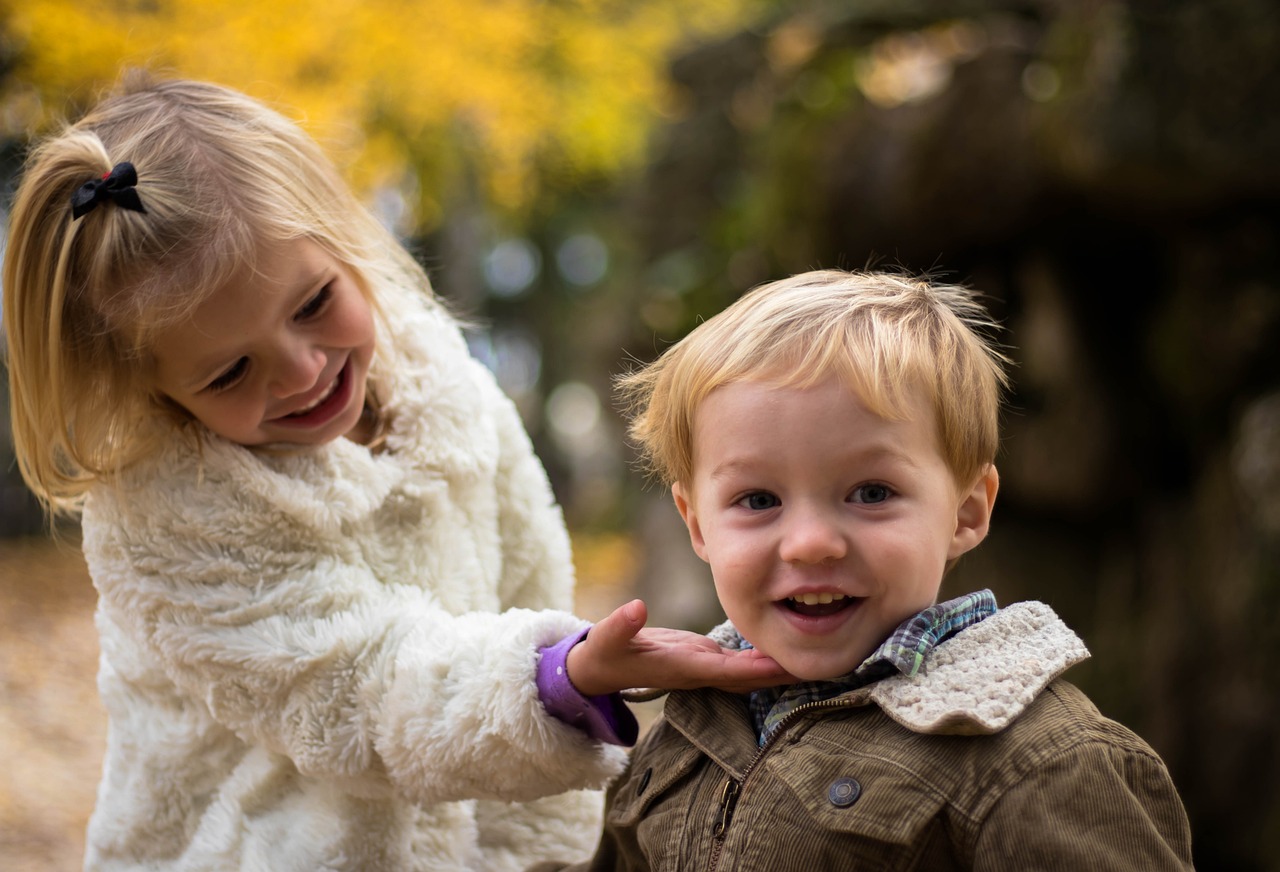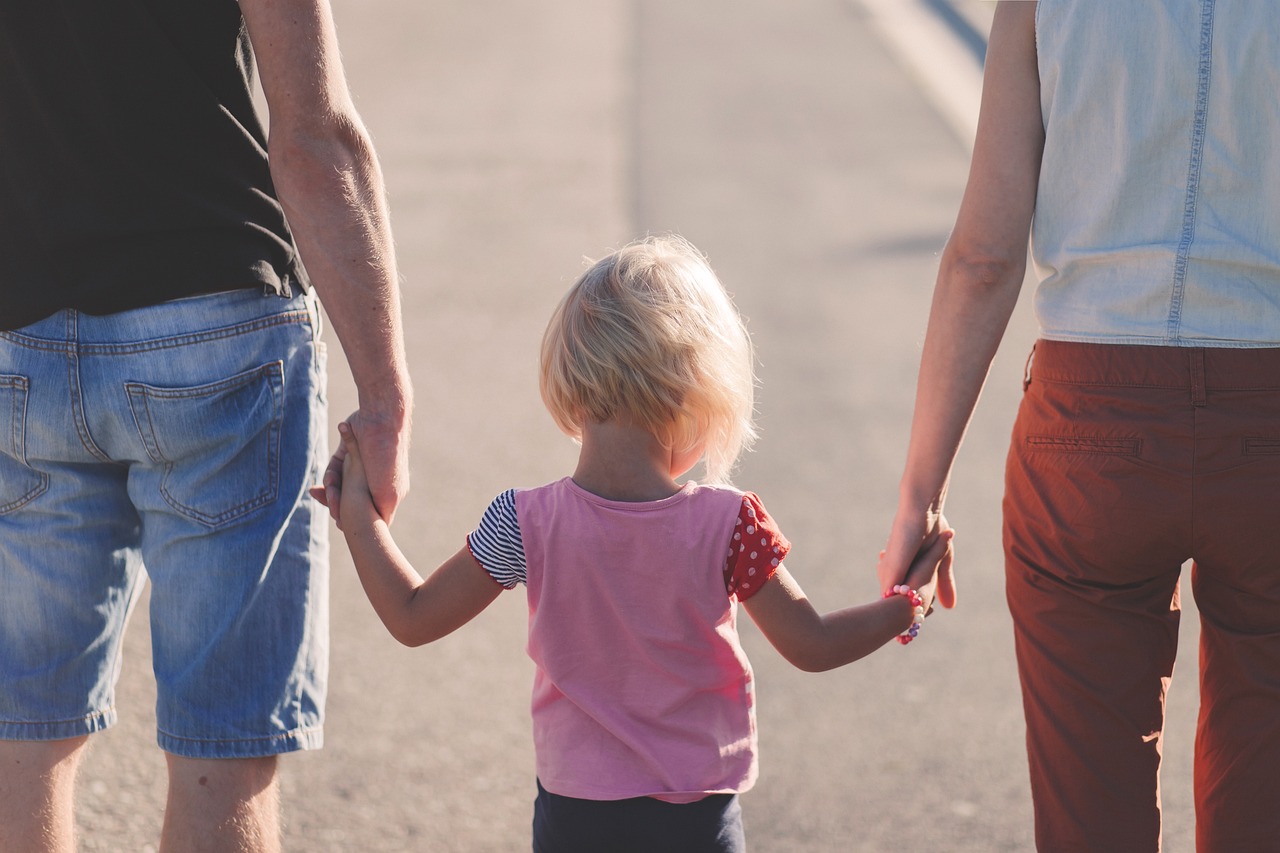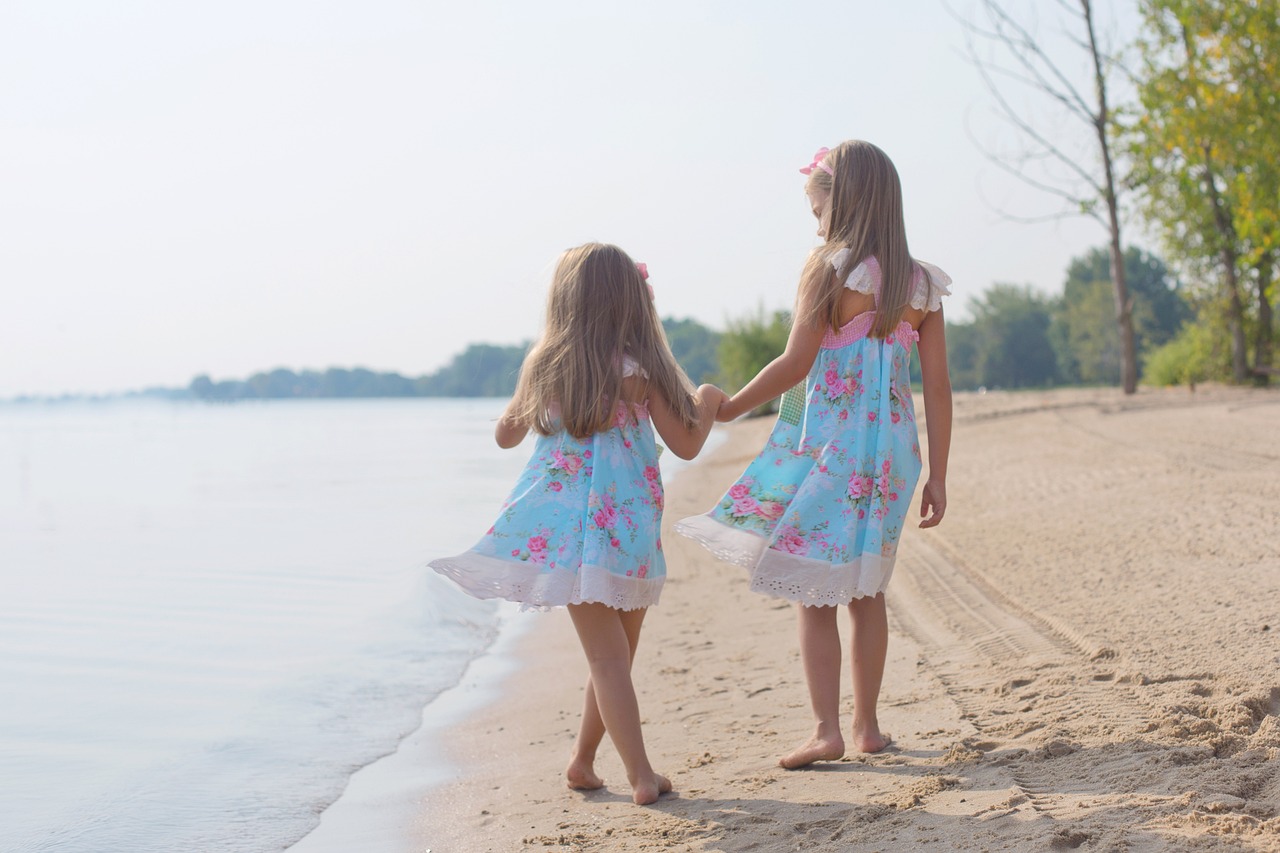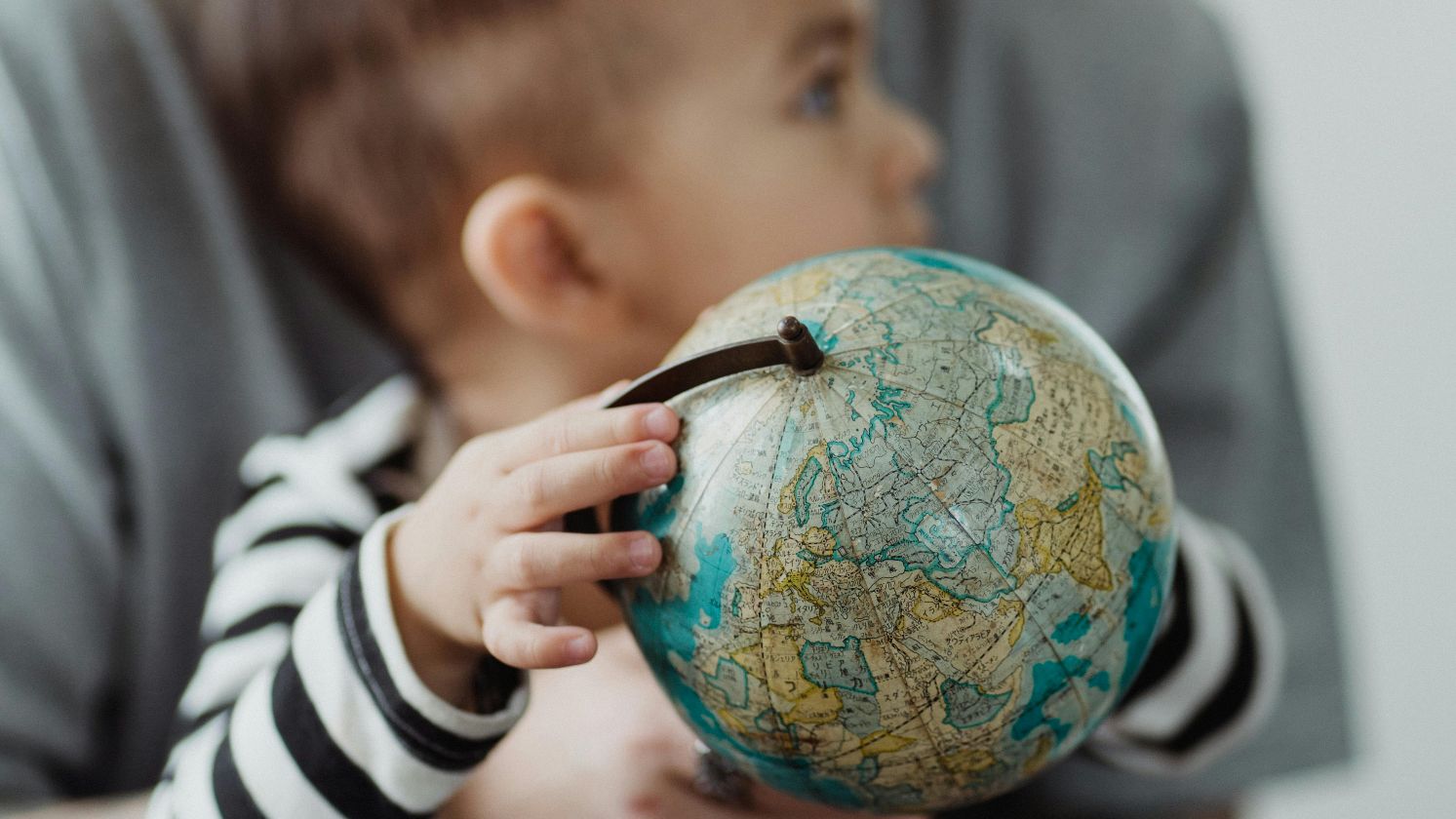Are you the youngest child in the family? If so, you've likely heard many comments regarding what being the youngest means and what it says about you. We've compiled a list of 20 common things people say about the youngest child, just how many do you agree with and think are true?
1. Sense of Entitlement
Sometimes, the youngest child can be noted to develop a sense of entitlement after having been the center of attention in the family for a significant time. This might come from the expectation of receiving similar treatment from others outside the family dynamic too.
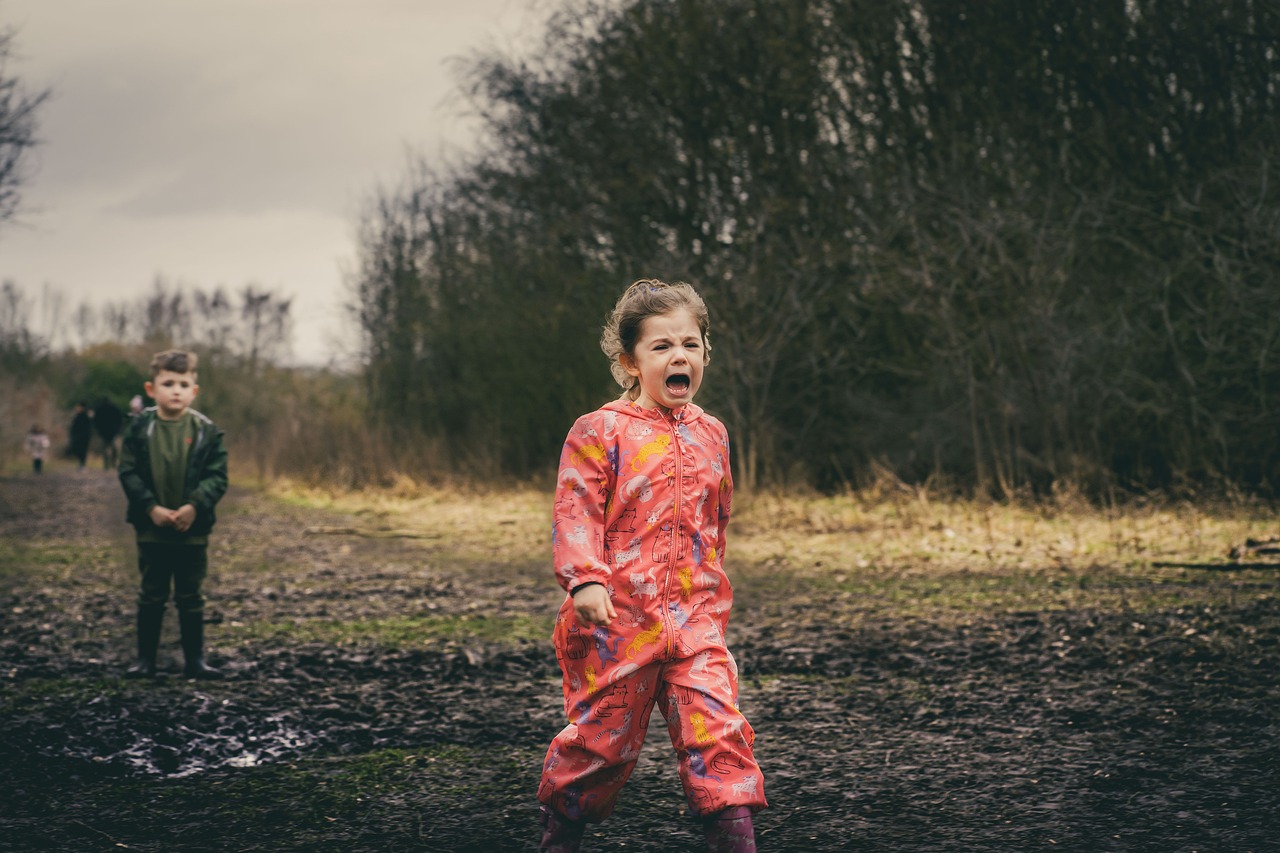 Image by Lee Murry from Pixabay
Image by Lee Murry from Pixabay
2. Perceived Favoritism
Many people often believe the youngest child benefits from being the perceived "favourite child," which can lead to resentment from their siblings. While this favouritism can positively impact their self-esteem, it can also work negatively, skewing their perception of fairness and equality.
3. Enhanced Creativity
Youngest children are commonly observed to exhibit a lot of creativity. Growing up, they get to observe their older siblings and are encouraged to find unique ways to stand out. This can lead to a rapid development in imaginative and creative skills.
 Image by free stock photos from www.picjumbo.com from Pixabay
Image by free stock photos from www.picjumbo.com from Pixabay
4. Advanced Social Skills
It's common for the youngest in the family to develop strong social skills early on; as they learn from interacting with their older siblings and parents, they can become adept at reading social cues and adapting to different social environments. After all, they never grew up alone!
 Image by Digtallife from Pixabay
Image by Digtallife from Pixabay
5. Risk-Taking Willingness
Being the youngest can also correlate with a greater willingness to take risks. With parents often being more lenient and less protective, youngest children sometimes feel more open to taking chances, whether its with personal goals or future career paths.
 Image by Lars Nissen from Pixabay
Image by Lars Nissen from Pixabay
6. Charm and Charisma
Reinforced by the family dynamic, youngest children frequently develop a strong charisma and charm as they navigate their role in the family. This can make them persuasive and likable, skills that are beneficial in both the personal and professional realms.
 Image by Dean Moriarty from Pixabay
Image by Dean Moriarty from Pixabay
7. Dependence Issues
Given their position in the family, youngest siblings might struggle with independence. Being accustomed to receiving help whenever they need it or having others make decisions for them can lead to challenges in self-reliance as they grow older.
 Image by Annie Spratt from Pixabay
Image by Annie Spratt from Pixabay
8. Negotiation Skills
Many parents agree that the youngest child in the family can develop keen negotiation skills as the result of growing up in a environment where they had to assert themselves against older siblings. Sometimes it's hard getting what they want, so they have to talk their way into getting it!
 Image by Gerd Altmann from Pixabay
Image by Gerd Altmann from Pixabay
9. Less Parental Pressure
After already going through the struggles of parenting one or more times, youngest children tend to face less pressure to achieve than their older siblings. By the time they're born, their parents have already gained experience and feel much more relaxed. While this can lead to a more laid-back, calm attitude from the child, it might also impact their motivation levels.
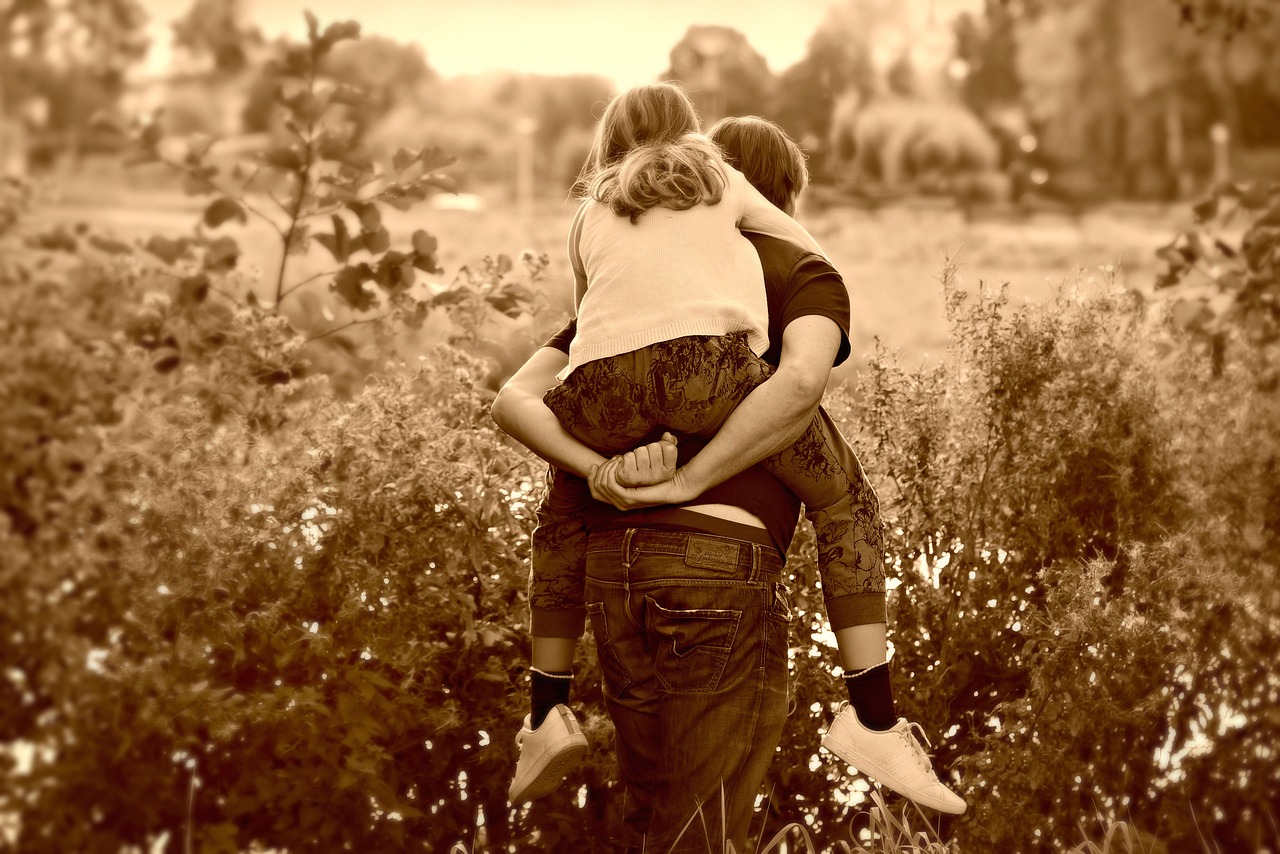 Image by 👀 Mabel Amber, who will one day from Pixabay
Image by 👀 Mabel Amber, who will one day from Pixabay
10. Feeling Underestimated
Often babied and coddled, the youngest child in the family is generally underestimated, both within and outside the family. In some, it might be a driving force that pushes them to prove their capabilities and foster a strong determination to succeed.
 Image by Dayron Villaverde from Pixabay
Image by Dayron Villaverde from Pixabay
11. Flexibility and Adaptability
Youngest children typically learn to be highly flexible and adaptable. Having grown up in an environment where they often have to go along with the plans and preferences of older family members, they become adept at adjusting to changing circumstances and diverse social settings.
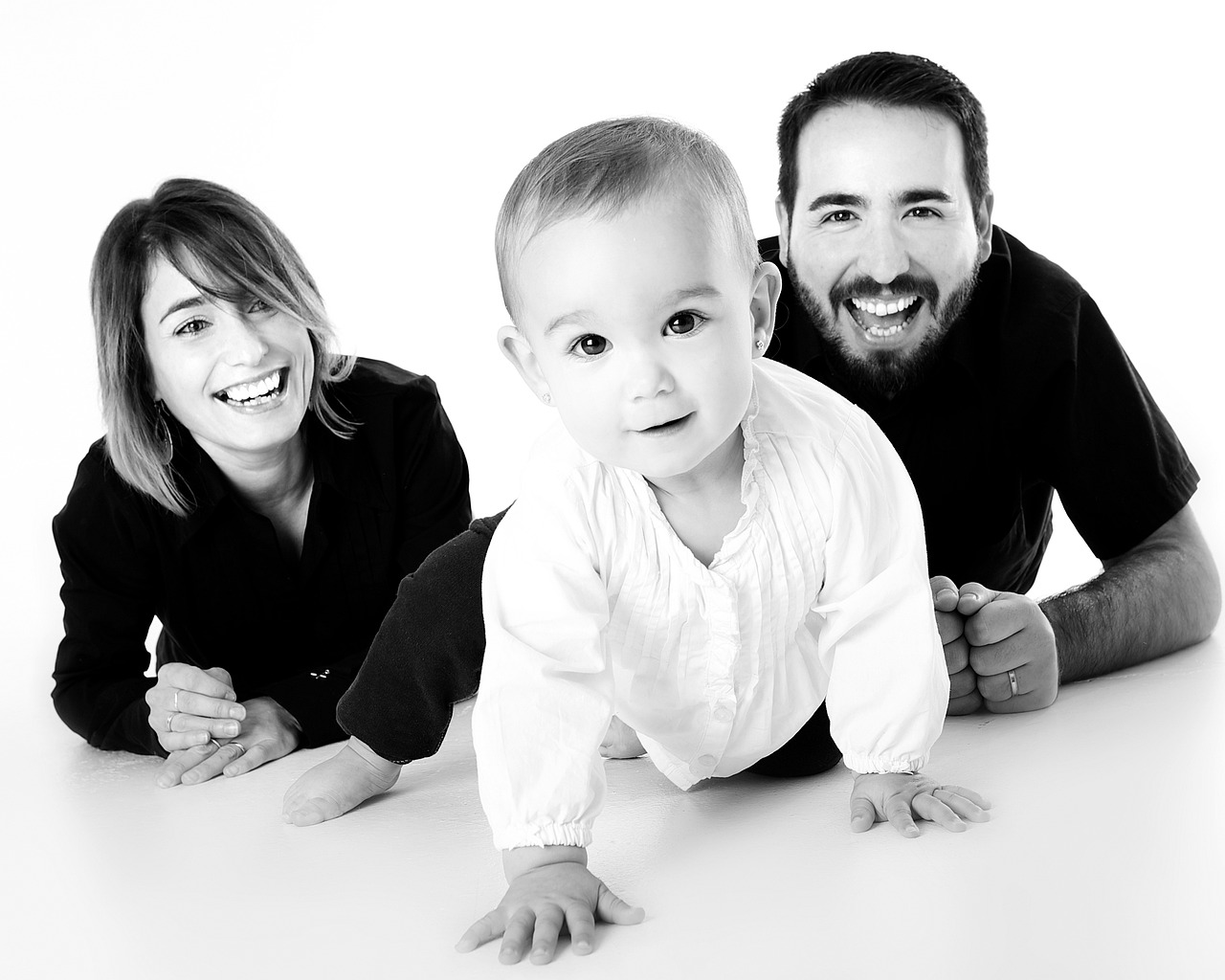 Image by serrano1004 from Pixabay
Image by serrano1004 from Pixabay
12. Seeking Attention
Because of their rank in the family, youngest children might develop a need for seeking attention. They want to be noticed and have their achievements recognized, which might force them to feel a need to distinguish themselves in dramatic or outgoing ways.
13. Financial Responsibility
There are two routes the youngest might take when it comes to financial responsibility: they'll either learn by observing the mistakes or successes of their siblings, or they might struggle with it due to being more spoiled or less focused on by parents.
 Image by Nattanan Kanchanaprat from Pixabay
Image by Nattanan Kanchanaprat from Pixabay
14. Innovative Problem-Solving
Because they tend to be more carefree and confident, it's been shown that youngest children are more creative with their problem-solving. Perhaps it's being exposed to various ideas from older family members, or simply being unafraid to trying new things.
15. Competitive Nature
To stand out in the family, the youngest child may develop a competitive nature. This drive to excel can lead to significant achievements, but it may also cause stress or anxiety if they feel they are constantly living in the shadow of their older siblings.
 Image by wal_172619 from Pixabay
Image by wal_172619 from Pixabay
16. Empathy and Emotional Intelligence
Having grown up watching and participating in the dynamics of a larger family unit, youngest children often develop a heightened sense of empathy and emotional intelligence. They are usually good at understanding and responding to the emotions of others.
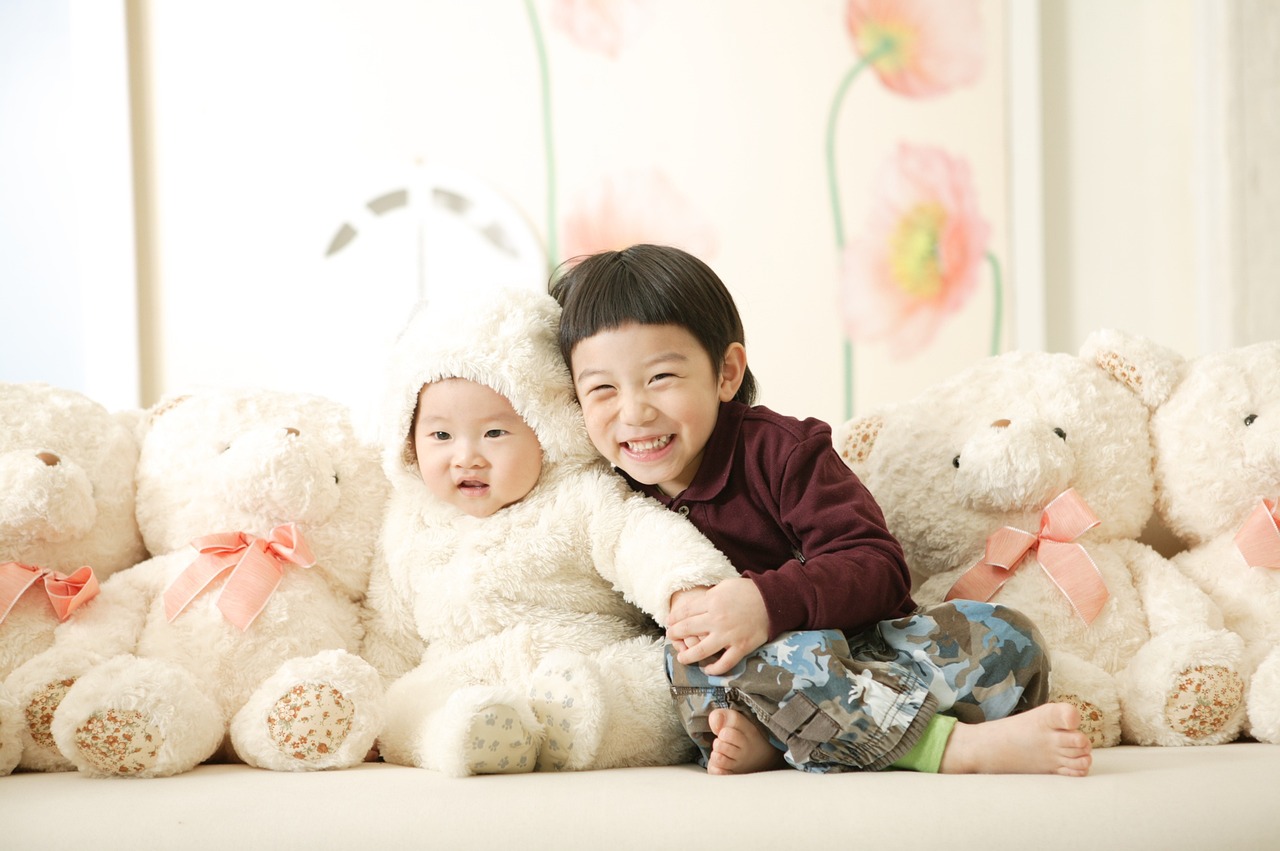 Image by boeunyoung kim from Pixabay
Image by boeunyoung kim from Pixabay
17. Struggle for Autonomy
Depending on the family, the youngest child may struggle with autonomy in the sense of being unable to step out of their older siblings' shadows. It can be challenging trying to establish their own identity and carving out a unique space for themselves to shine.
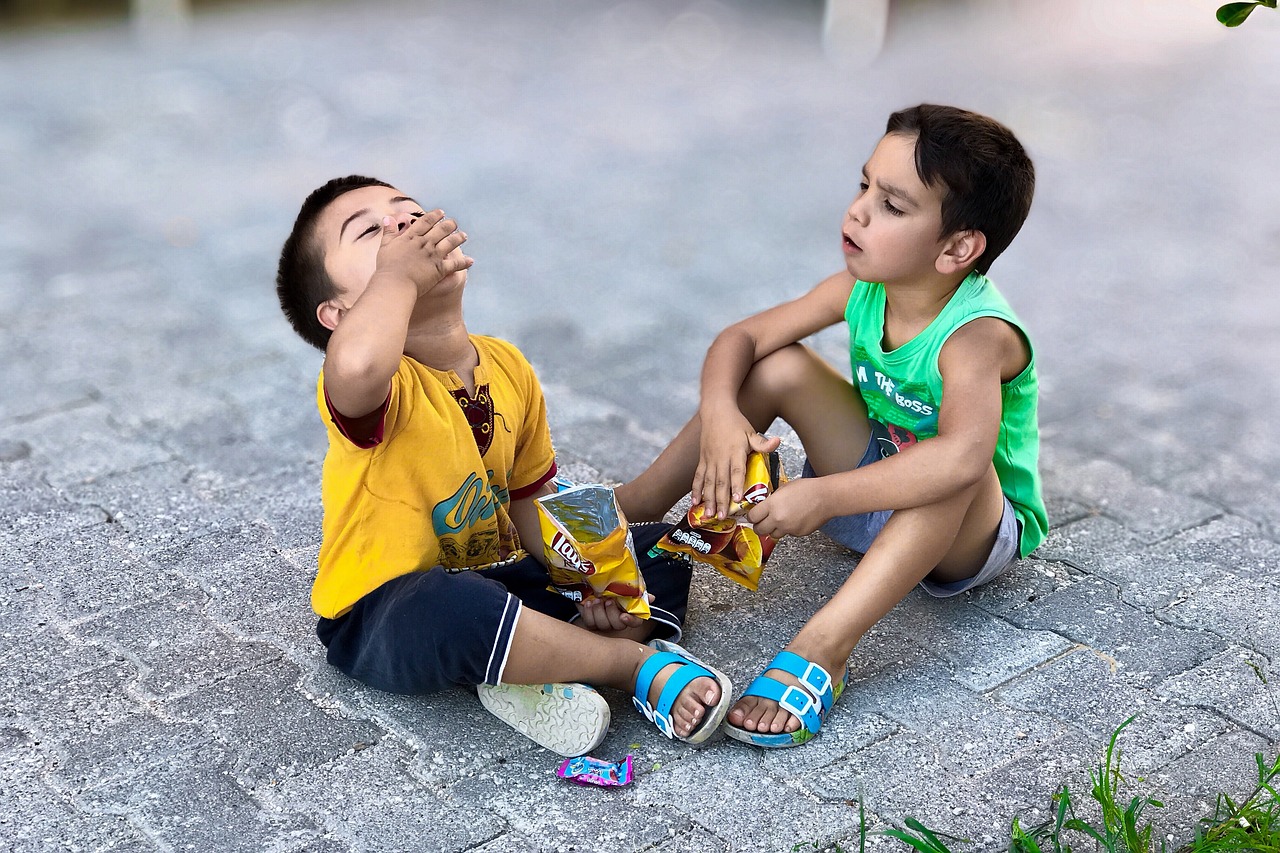 Image by Deniz Hoşbaş from Pixabay
Image by Deniz Hoşbaş from Pixabay
18. Persistent Youngest Label
The label of being the "youngest" will forever stick, possibly shaping expectations even as one grows older. This can sometimes limit how youngest children are viewed by family members regardless of their age or achievements.
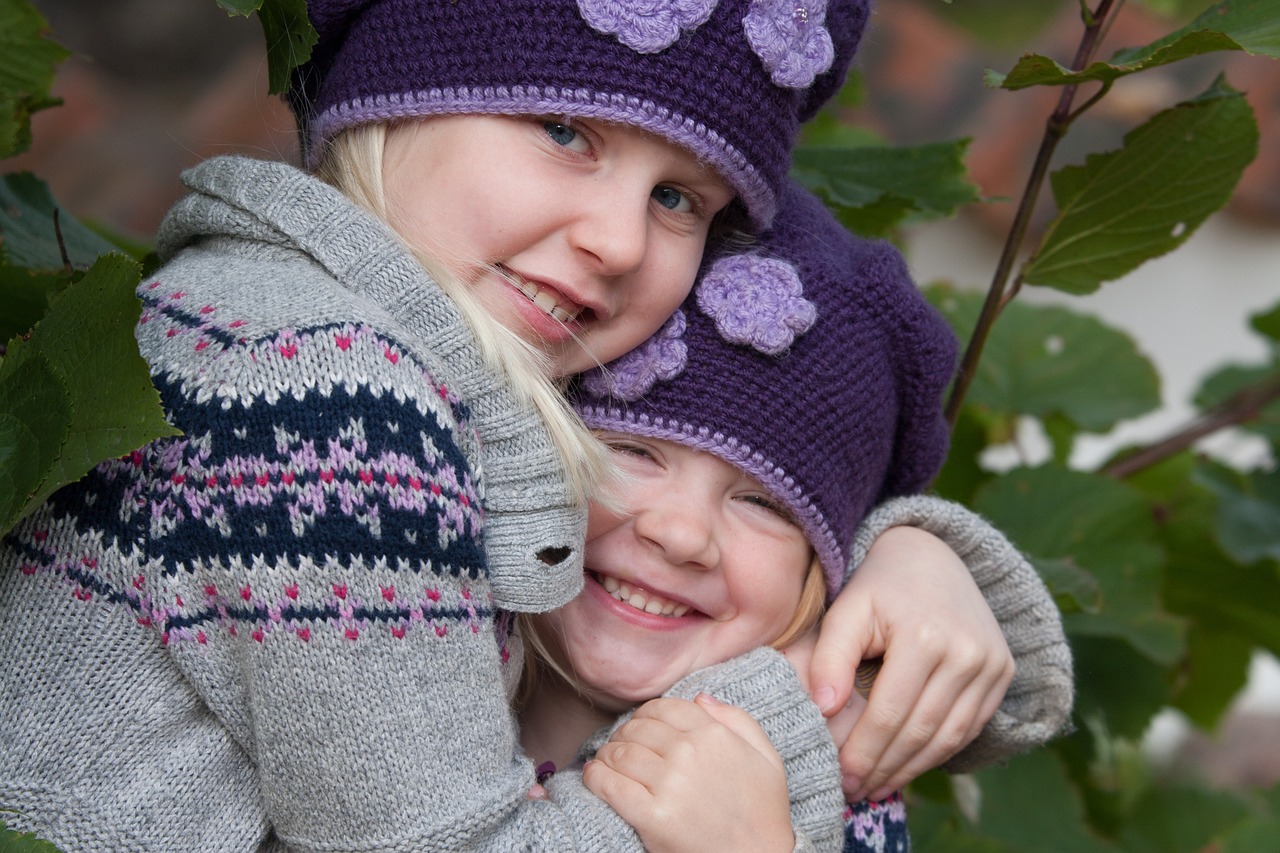 Image by Tobias Wahlqvist from Pixabay
Image by Tobias Wahlqvist from Pixabay
19. Rebellious Streak
Because they generally deal with less parental pressures, it's not uncommon for the youngest child to be more rebellious. Having less strict rules to follow opens the door to a potentially more carefree, free-spirited child.
 Image by Adina Voicu from Pixabay
Image by Adina Voicu from Pixabay
20. High Expectations for Personal Relationships
Having been the focus of attention and affection within the family, youngest children might develop high expectations for their personal relationships. They may seek out significant attention and support from friends and partners that mirror the dynamic they experienced in their family.


